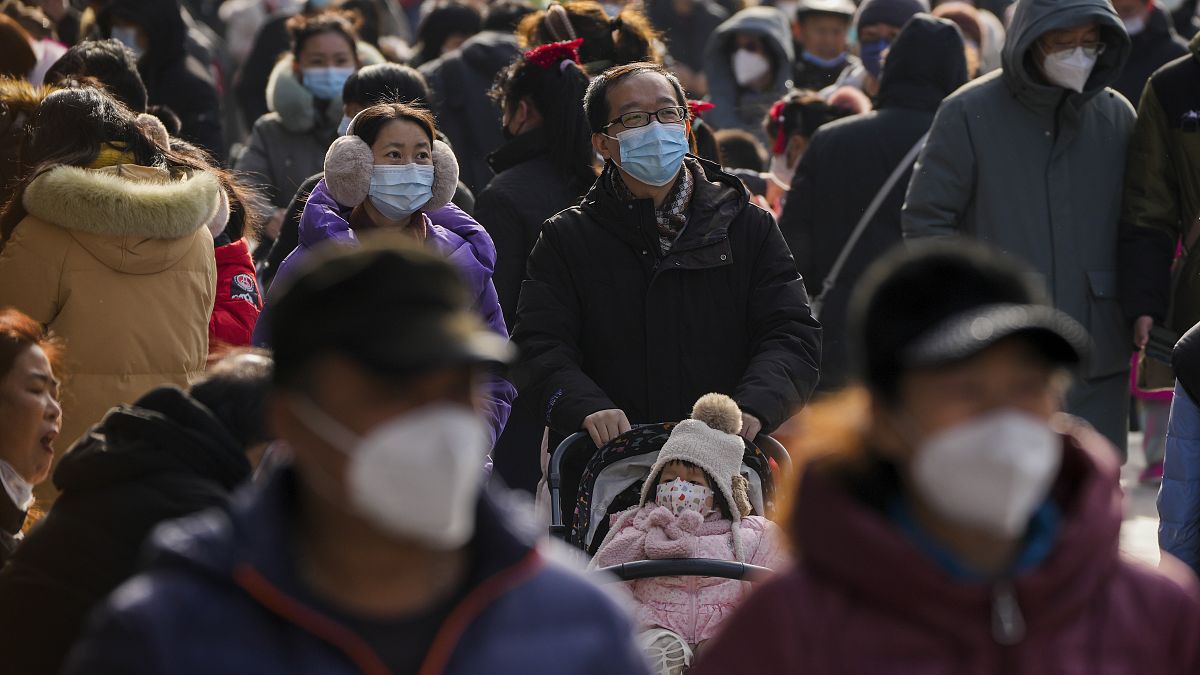Three years after COVID was first called a global health emergency, the World Health Organization (WHO) has decided to keep its highest alert over the disease.
On January 30 2020, the World Health Organization (WHO) declared that COVID-19 – the infectious disease which was spreading like wildfire around the world, killing thousands and, later, millions – was a public health emergency of international concern.
Now exactly three years later, despite a drop in mortality linked to coronavirus cases, especially in the Western world, the agency has decided to maintain the same high alert on the disease, declaring it remains a global health emergency.
On Monday, the agency said that though the pandemic was likely at a “transition point,” we still need careful management to “mitigate the potential negative consequences”.
While cases have dropped in countries where a majority of the population has been vaccinated and the world “is in a better position than it was during the peak of the Omicron transmission one year ago,” a statement from the WHO meeting reads, more than 170,000 COVID-19-related deaths have been reported globally in the last eight weeks.
Data on new infections have become harder to come by as tracking has declined globally in the past months, making it harder to follow the spread of variants and detect new variants, says the WHO.
While a large part of the world has drawn a sigh of relief from the pandemic in recent months thanks to vaccination programmes, “the COVID-19 response remains hobbled in too many countries unable to provide these tools to the populations most in need, older people and health workers,” Dr Tedros Adhanom Ghebreyesus, the WHO’s Director-General, said.
New wave of COVID infections in China
Despite a statement that seems to bring us back to the dark times of 2020, Tedros said he was positive that COVID-19 could no longer be considered a global health emergency by this year.
"We remain hopeful that in the coming year, the world will transition to a new phase in which we reduce [COVID-19] hospitalisations and deaths to their lowest possible level,” he said in a separate WHO meeting on Monday.
Though the actual number of infections is uncertain, a recent wave of infections in China is likely to have complicated the global pandemic situation.
After three years under strict lockdown, the Chinese government decided to lift much of its restrictions at the end of last year following protests and unrest in the country against President Xi Jinping’s zero-COVID-19 policy.
The sudden freedom in the country seems to have been followed by a surge in COVID-19 cases, though a lack of reliable data from the country on both vaccination and infection rates makes judging the situation there difficult.
But as China eventually learns to live with the disease, as other countries have done before, the pandemic might finally be downgraded in emergency status.



